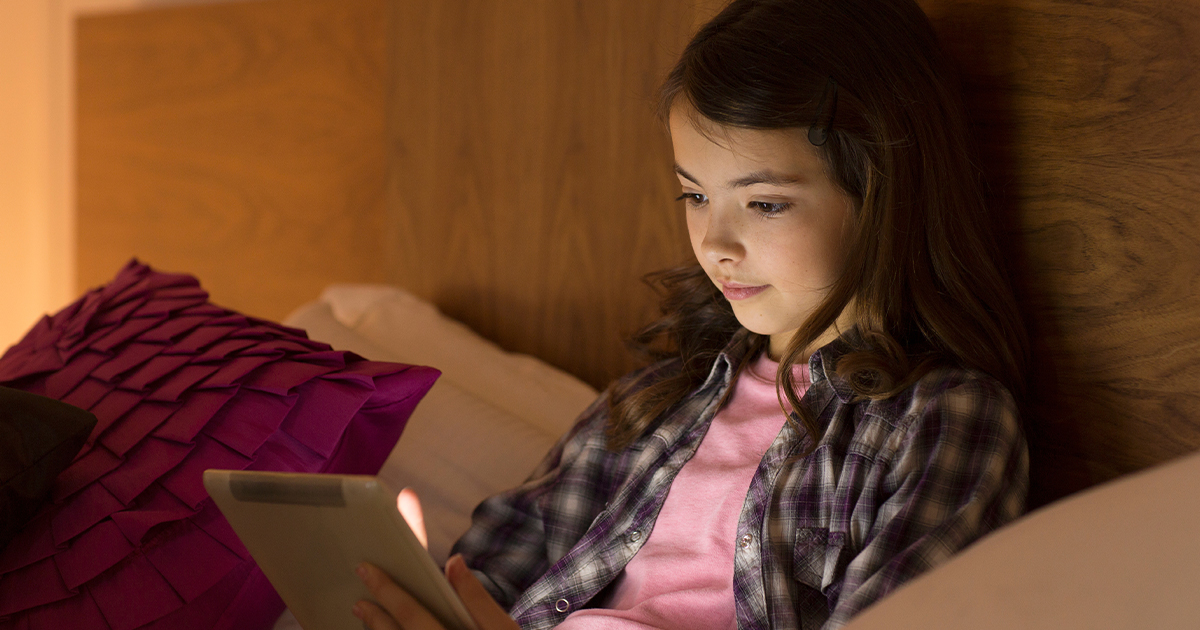Recently, U.S. Surgeon General Dr. Vivek Murthy issued an advisory on the effects social media use has on youth mental health, indicating that while social media may offer some benefits, there are ample indicators that it can also pose a risk of harm to the mental health and well-being of children and adolescents.
According to U.S. HHS, social media use by young people is nearly universal, with up to 95% of young people ages 13-17 reporting using a social media platform and more than a third saying they use social media "almost constantly."
With adolescence and childhood representing a critical stage in brain development that can make young people more vulnerable to harms from social media, the Surgeon General is issuing a call for urgent action by policymakers, technology companies, researchers, families, and young people alike to gain a better understanding of the full impact of social media use, maximize the benefits and minimize the harms of social media platforms, and create safer, healthier online environments to protect children.
"The most common question parents ask me is, 'Is social media safe for my kids?' The answer is that we don't have enough evidence to say it's safe, and in fact, there is growing evidence that social media use is associated with harm to young people's mental health," said Dr. Murthy. "Children are exposed to harmful content on social media, ranging from violent and sexual content, to bullying and harassment. And for too many children, social media use is compromising their sleep and valuable in-person time with family and friends. We are in the middle of a national youth mental health crisis, and I am concerned that social media is an important driver of that crisis—one that we must urgently address."
Different children are affected by social media in different ways, including based on cultural, historical and socio-economic factors. Among the benefits, adolescents report that social media helps them feel more accepted (58%), like they have people who can support them through tough times (67%), like they have a place to show their creative side (71%), and more connected to what's going on in their friends' lives (80%).
However, social media use can be excessive and problematic for some children. Recent research shows that adolescents who spend more than three hours per day on social media face double the risk of experiencing poor mental health outcomes, such as symptoms of depression and anxiety. As it relates specifically to adolescent girls, social media may perpetuate body dissatisfaction, disordered eating behaviors, social comparison and low self-esteem.
The advisory recommends parents and caregivers consider making plans in their households such as establishing tech-free zones that better foster in-person relationships, teach kids about responsible online behavior and model that behavior, and report problematic content and activity. It also recommends that children and adolescents adopt healthy practices like limiting time on platforms, blocking unwanted content, being careful about sharing personal information, and reaching out if they or a friend need help or see harassment or abuse on the platforms.
"Human beings are meant to be social; we thrive on companionship. In fact, an individual's social life is one of the most important influences on mental and physical health," Brina Tiemeyer, Wedgwood Community Mental Health Services Clinical Manager, said in response to the report. "As the Surgeon General references, we recently have been forced to live and operate within a three-year public health crisis which in turn accelerated isolation and loneliness amongst our communities. The Surgeon General declares the U.S. to be within a loneliness epidemic. Depending on an individual's resiliency factors, this epidemic can be a stressor for some but a trauma for others."
How should parents and caregivers respond? According to Tiemeyer, they should allow children, adolescents and teens to recover.
"Recovery begins with the role of resilience. All children are resilient; however, children that see themselves as capable, lovable and safe are more likely to recover from life's stressors and traumatic events. In other words, more likely to break the cycle," Tiemeyer explained. "In fact, the strongest predictive variable to successful trauma recovery work is a caregiver that believes, supports and protects their child. There is nothing that can wipe out the effects of trauma, but children are more likely to 'bounce back' from the negative effects of loneliness and social isolation if they have the support to promote resiliency factors within their life."
Tiemeyer offered tips for parents on how to best support their children:
1. "Provide guidance and oversight to social media use. Remind kids (and probably ourselves, too!) that most things on social media are oversimplified. It's also important to have conversations about what makes for a reliable, trusted source of information."
2. "Create a space for them to have these conversations in real life—whether that be with parents, teachers, or school guidance counselors or with therapists. Having someone who knows the child and can understand the big picture and context is useful."
3. "Kids need to feel believed, capable, and safe. Even if you don't totally understand what your child is dealing with or feeling, approach the conversations with an open mind, curiosity to understand and be willing to learn more."
Reach out to a mental health professional who can help your child navigate their challenges and support you as you parent them through this. Wedgwood Christian Services' Bouma Counseling Center can quickly connect you with services and providers that can address a variety of needs. Call 616.942.7294 or email [email protected].
Courtesy of West Michigan Woman.




